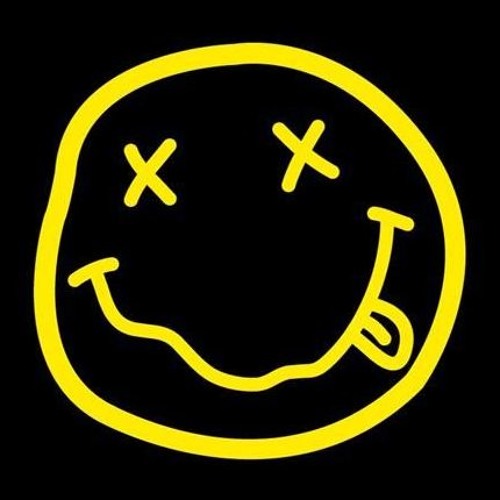

For the most part the message of the song remains as Cobain intended – it is still an indictment of redneck listeners who don’t understand the meaning of an artist’s music. Simpson’s singing is well-within typical country performance style, so a fan may not notice the unusual phrases if they do not listen closely to the lyrics. It is unusual too, for a country song to feature lyrics that are quite this opaque, and certainly lyrics like “Sell the kids for food” or “Reproductive glands” feel a bit out of place in the standard country music playlist. There is an expanded string and horn section (at about 2:35), somewhat out of character for standard country music, which works to change the tone of the song from ominous and mournful at the beginning to almost joyful and celebratory near the end. But there are elements that break from the traditional country sound as well. Simpson’s take on “In Bloom” has many country music hallmarks: he sings the melody (rather than yells, as Cobain does) with a distinct twang (actually authentic, as he hails from Kentucky) the sounds of steel guitar weaves throughout and there is a strong “knocking” backbeat that is familiar to country music fans. And on first listen, one major change to the lyrics is practically sacriligeous for those who know the original.

That’s why, even before we hear it, a cover of “In Bloom” by country singer Sturgill Simpson tends to raise the hackles of grunge purists. The genre most stereotypically associated with “rednecks” is country music. I mean, I don’t like abusive people, and I guess that’s what that song is about, it’s an attack on them.” When asked about the song in an interview released by Geffen Records in 1992, Kurt replied, “Obviously I don’t like rednecks, I don’t like macho men. The song is a criticism of fans that mindlessly listened to the music of Nirvana but didn’t consider what Cobain was trying to say or understand the music, a sentiment also reflected in the line “Here we are now, entertain us” from “Smells Like Teen Spirit.” The performance is typically grunge – guitars are crunchy and distorted, vocals are ground out or sung in a gruff yell, and there are strong contrasts in dynamic levels between the verses and the chorus. Lead singer and songwriter of Nirvana, Kurt Cobain, wrote a catchy chorus that did make people sing along, even those who did not understand the lyrics, and therein lays the irony. Source: Permission: This material has been reproduced in accordance with the University of Saskatchewan interpretation of Sec.30.04 of the Copyright Act. But what are more interesting about this performance, for our discussion, are the lyrics of the song. Of course, the humour in the video comes from the known reputation of Nirvana as the symbol of disaffected youth of the early 1990s dressed in suits and referred to as “three fine young men from Seattle”. The original 1992 video is a take on The Beatles’ first appearance on the Ed Sullivan show in 1964. We will look more closely at grunge in the next module, but the sound of grunge, if not this particular song, should be familiar to you. In 2016, country artist Sturgill Simpson released a cover of “In Bloom,” a 1992 track from the album Nevermind by iconic grunge band Nirvana.

After his death, Dave Grohl continued a successful music career with his band, the Foo Fighters, while Krist Novoselic remained active in the world of music and politics. Kurt Cobain became a music and pop culture icon, but sadly lost his life in 1994 at the age of 27.

Their second album, "Nevermind", released in 1991, was one of the most influential albums of all time and propelled the band to the top of the charts. With songs like "Smells Like Teen Spirit," "Come As You Are" and "Lithium," Nirvana was at the forefront of the grunge wave that swept through music in the 1990s. Founded in 1987 in Aberdeen, Washington, the band consisted of Kurt Cobain on guitar and vocals, Krist Novoselic on bass and Dave Grohl on drums. Nirvana was one of the most influential and iconic bands in the history of alternative rock.


 0 kommentar(er)
0 kommentar(er)
